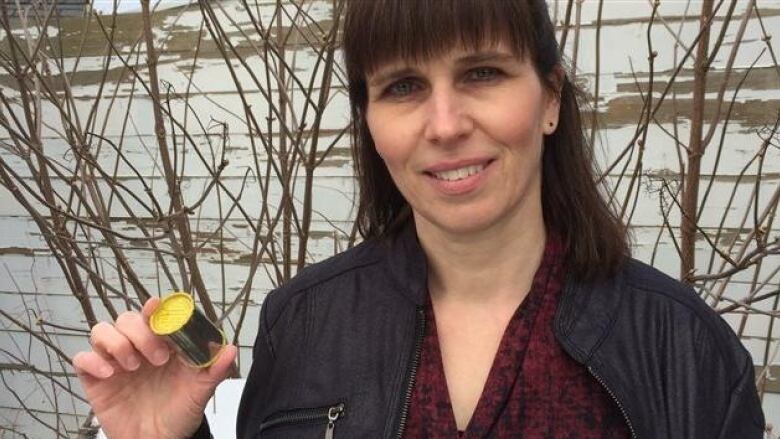Founder of McIntyre Powder Project encouraged by privacy commissioner's ruling
Janice Martell seeking info on WSIB policies regarding applicants who were exposed to aluminum dust

The founder of the McIntyre Powder Project is finding encouragement and support from the office of the Information and Privacy Commissioner.
Janice Martell established the project to search for a potential link between forced aluminum dust exposure among miners and neurological disease.
She was seeking information from the Workplace, Safety and Insurance Board about its former policies on handling claims. The WSIB excluded claims in connection with McIntyre Powder until 2017.
An adjudicator with the Information and Privacy Commissioner confirmed that Martell's work is in the public interest, and gave her a more than $2,000 rebate on the overall cost of obtaining the documents.
"The WSIB had argued that this was a private interest matter, that this was just to do with my dad's WSIB claim and that there was no public interest in this," Martell said.
"In the Information and Privacy Commissioner ruling, the decision very clearly stated that no, this is a matter of public interest."
Martell says it's a relief, as well as validation of her efforts.
"It certainly bolsters my spirits," Martell says. "It's been a long haul. It's five-and-a-half years doing this. I'm not crazy. This is actually concerning and it really reflected what I've been hearing back from the miners, the public, that they were horrified that these workers were essentially locked into a room and forced to inhale a substance on an unproven theory that it was going to prevent silicosis."
"This was a massive public health experiment," she says. "And the privacy commissioner recognizes that it reflects that this is something that the public has an interest in and we need to investigate that."
Martell says the appeals process is ongoing, and a large number of documents could be made public at the end of it.
A statement from the WSIB says that the organization wants people to receive the services and benefits they deserve.
"We know that when a loved one becomes sick or hurt, it's natural to ask why," the statement reads. "We ask that question too, and we have to base our decisions on scientific evidence. Unfortunately, conclusive scientific evidence linking McIntyre Powder to neurological diseases does not exist, but it's a question we all agree needs to be answered."
The statement adds that the group recently commissioned new research from the Occupational Cancer Research Centre (OCRC), based at Cancer Care Ontario, in hopes to better understand the relationship between the use of McIntrye powder and the conditions miners developed.
They said they anticipate those results in early 2020.
Martell's father died of Parkinson's Disease, which she believes was caused by his long exposure to the dust.
Mining companies would put their workers in a secure area and blow the fine aluminum dust into the air so that the workers would breathe it in before each shift. They argued McIntyre Powder protected workers from silicosis.
It's estimated the practice occurred in Ontario mines for nearly 40 years and ended in 1979, affecting more than 27,000 miners.
With files from Kate Rutherford